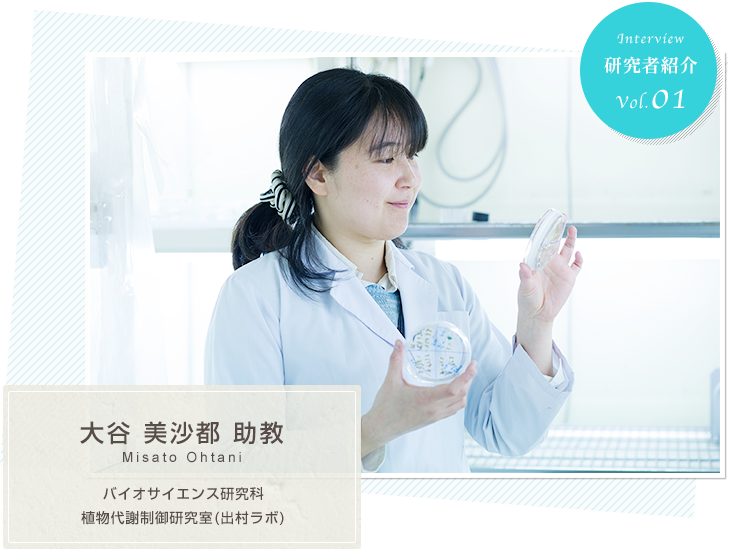
![]()
D. in Biological Sciences, Graduate School of Science, The University of Tokyo, 2005. D. (Natural Sciences). Specialized in molecular genetics of plants. Her research topic is "Elucidation of molecular mechanisms for flexible regulation of plant cell proliferation and differentiation". Mother of two children (a girl and a boy).
Why did you become a researcher?
I originally wanted to be a teacher, but in the fall of my first year of master's studies, I identified a gene in an Arabidopsis mutant and was fascinated by the joy of discovery. I decided to continue my research to master this path, and here I am today. After graduation, I worked as a postdoctoral researcher in the same lab for six months and then as a researcher at RIKEN for eight years. During that time, I gave birth to two children, and I moved to this university in April 2014.
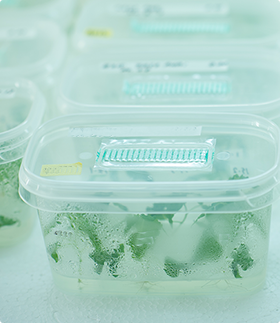
Doing research at a university
Both when I was a researcher at RIKEN and since I came to this university, many of the technical staff and technical personnel in charge of research at the university are women. Many of them are single, have children, or are caregivers... I think many of the people who support the cutting edge of research in any field are people who want to use their skills while having a diverse environment.
Universities are primarily concerned with educating students, and the way they conduct research is different from that of research institutes. I also feel a sense of responsibility, because my little comments can determine the students' research lives. Research itself is interesting in that it can lead to new discoveries that lead to new technologies or rewrite textbooks, but at the same time it is difficult to understand from the perspective of ordinary people. In that sense, education has a sense of accomplishment as a firsthand experience, or a raw sense of human interaction. Students sometimes inspire me to change the direction of my next research project. I think this is one of the interesting aspects of doing research at a university.
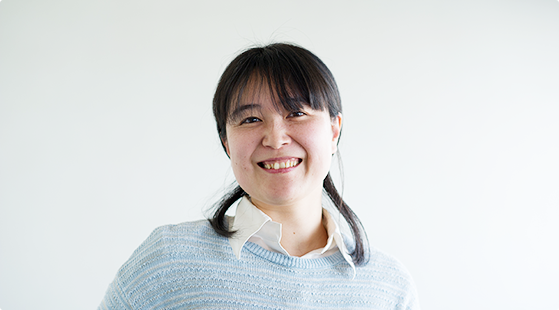
Research and parenting
In the morning, I drop my older son off at elementary school and my younger son at daycare before going to the university. In the evening, I leave the university after 6:00 p.m. because I have to pick them up. When I get home, I prepare meals, check the children's homework, bathe them, put them to bed, and so on. However, if I have something to do, such as a paper deadline, I often work at night after the children have gone to bed. Also, until my older children started elementary school, I used to take them with me on business trips, but once they started elementary school, it was very difficult. Lately, I have been asking my parents for help when I go on business trips.
The other day I was asked, "What are the points in your research where you can use your unique perspective as a woman and a mother? In reality, I am a woman and a mother, and I am aware that I am an individual, so I am not aware of separating the two, and this kind of question is disturbing. Of course, there are many areas in science where individuality can be used, such as research perspectives and approaches, but the foundation of science is based on experiments and theories that are "based on facts that would yield the same results no matter who conducted them. On the contrary, I think there have been many times in my career as a scientist that I have been able to use my scientific background in my motherhood. These days, I sometimes have fun with my kids by saying, "Let's try an experiment to see what happens. Sometimes I have fun with my kids.
Role models for female researchers?
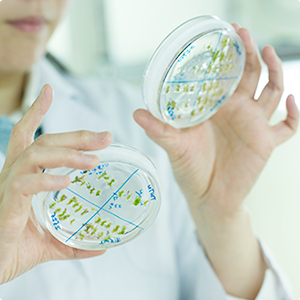
A decade ago, a simple model of how men should live their lives, such as "work hard and be a winner," would have sufficed, but behind that is the fact that women have become the recipients of diversity in their living environments. Even among the same women, there are different conditions, such as whether they are married or not, whether they are able to live with their partner or not (since many researcher couples live in separate marriages), whether they have children or not, whether their parents are still healthy, and so on. Unfortunately, these conditions directly limit women's ability to work, especially in Japan today. Unfortunately, these conditions directly restrict the way women work, especially in Japan today. In such a reality, I feel that the very idea of presenting role models that could lead to a message of "you have to work so hard" is empty. I believe that for every 100 people, there should be 100 different ways of doing things.
But even the so-called "social mores" are changing with each generation. When I worked at RIKEN, a veteran part-timer said to me, "When I worked at RIKEN, it was the norm to get married and start a family, so even if I wanted to continue my research, I couldn't. It's a good time we live in. I remember being struck by the comment, "These are good times we are living in.
Practically speaking, the rate of change in values is increasing rapidly. For the generation that's going to be entering the workforce and getting married in the future, I don't think the "do your best" role model that was presented in the past is going to get the message across. What kind of society is desirable and what kind of values should be promoted to achieve it? In the end, it all comes back to the power of education.
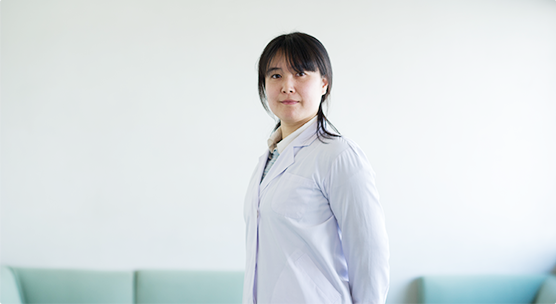
If we don't exceed 30%, our voice will not be heard.
We often use onsen ryokan as a group for lab trips and research presentations. In such cases, I try to check if "the room bath is included" whenever possible. This is because I have been on my period several times and have not been able to use the public baths. This is something that male organizers probably don't think about too much (laughs). It takes a lot of people and experience to think about someone who might not be able to use the bathroom because of menstruation. It is generally said that a voice cannot be heard unless more than 30% of the group has that characteristic, and I think that is true. Of course, increasing the number of people will not solve everything, but it is certainly an important first step.
In biology, it is known that a group with rich diversity has greater group stability and ability to thrive. On the way to a society that recognizes and respects the diversity of others, we can start with our own immediate environment. I would like to do this while thinking about it with children and students.
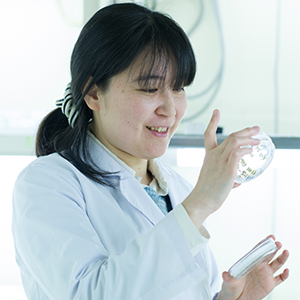
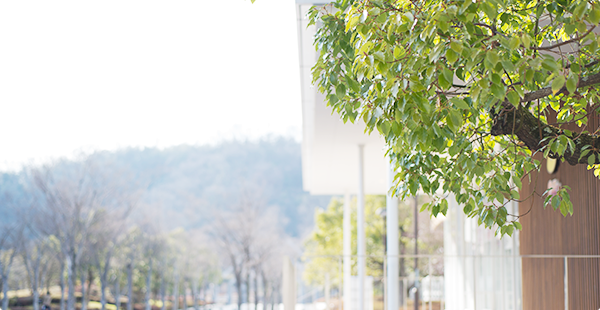
(March, 2017)






